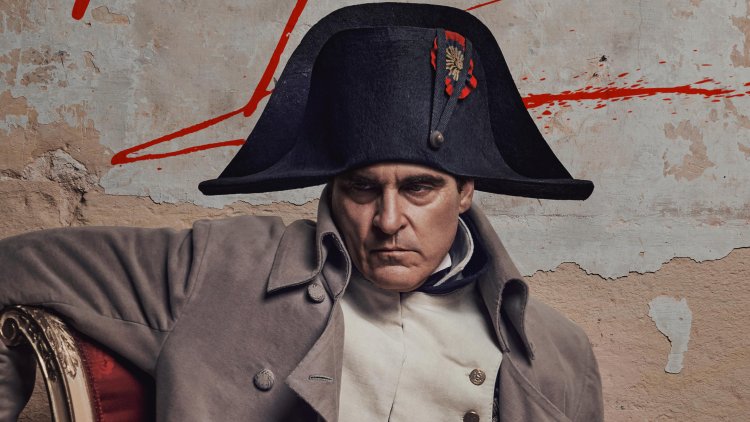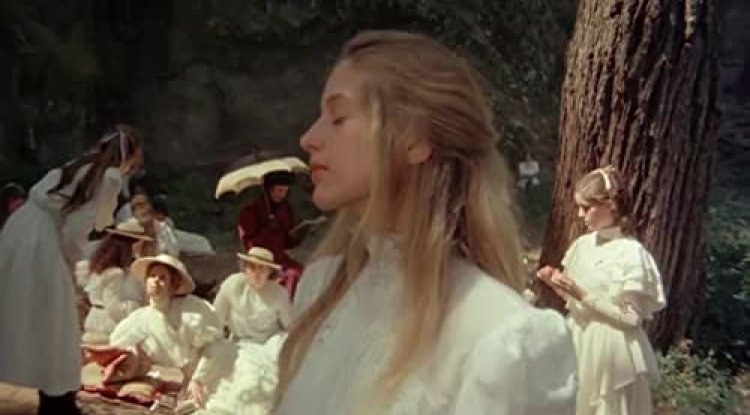Napoleon
The movie "Napoleon" is a breathtaking cinematic masterpiece that portrays the life and legacy of one of history's most iconic figures, Napoleon Bonaparte. Directed by a visionary filmmaker and supported by an exceptional cast and crew, this epic biographical drama immerses viewers in the turbulent world of the French emperor. Through its stunning visuals, meticulous attention to historical accuracy, and powerful performances, "Napoleon" offers a captivating exploration of the rise and fall of a legendary military strategist, political leader, and enigmatic figure.

Setting the Stage
Captivating Historical Context The movie "Napoleon" expertly captures the tumultuous historical period of the late 18th and early 19th centuries. It vividly portrays the French Revolution, Napoleon's meteoric rise to power, and his subsequent campaigns across Europe. The filmmakers skillfully recreate the opulence of Napoleonic France, meticulously recreating battle scenes and grandiose settings to transport viewers to a bygone era. The attention to detail in the film's production design and costume work further enhances the authenticity of the setting, immersing the audience in the world of Napoleon.
A Glimpse into the Life of Napoleon
"Napoleon" delves deep into the enigmatic life of the French emperor, providing viewers with a comprehensive portrait of his character, ambitions, and personal relationships. The film explores his humble beginnings in Corsica, his rise through the ranks of the French military, and his eventual crowning as Emperor of the French. It delves into Napoleon's complex personality, highlighting his strategic brilliance, his deep love for Josephine de Beauharnais, and his complex relationship with his family and closest advisors. Through nuanced performances and expert storytelling, the movie presents Napoleon as a multifaceted individual, allowing audiences to witness his triumphs and failures on both the battlefield and the political stage.
Cinematic Spectacle
Revolutionary Filmmaking Techniques "Napoleon" is renowned for its groundbreaking use of cinematic techniques, revolutionizing the art of filmmaking. Director Abel Gance's visionary approach includes innovative camera movements, such as handheld shots, sweeping tracking shots, and split-screen sequences, which were ahead of their time. The film's climactic final act, the Battle of Waterloo, is presented with breathtaking intensity, utilizing a triptych format that expands the screen to a panoramic scale. This technique immerses viewers in the chaos of war, showcasing the sheer scale and brutality of the conflict.
Cultural Impact and Legacy
Upon its release, "Napoleon" garnered critical acclaim and left an indelible mark on the film industry. Its technical achievements and narrative depth have influenced generations of filmmakers, shaping the evolution of cinematic storytelling. The movie's exploration of Napoleon's psyche and the historical events surrounding his reign sparked renewed interest in the era, inspiring subsequent films and TV series centered around the French emperor. Furthermore, "Napoleon" remains a testament to the power of cinema as an art form, showcasing the immense potential of visual storytelling.
Also Check Jack Whitehall stopped talking to Prince Harry
Conclusion
In the realm of historical epics, "Napoleon" stands as an enduring masterpiece that captures the essence of a complex and influential figure. Through its captivating storytelling, meticulous attention to detail, and innovative filmmaking techniques, this movie transports audiences to the heart of the Napoleonic era. "Napoleon" is not merely a biographical drama; it is a cinematic triumph that continues to captivate and inspire viewers, leaving a lasting impact on the art of filmmaking. Whether one is a history enthusiast or a lover of visual storytelling, "Napoleon" remains an essential viewing experience that should not be missed.




























